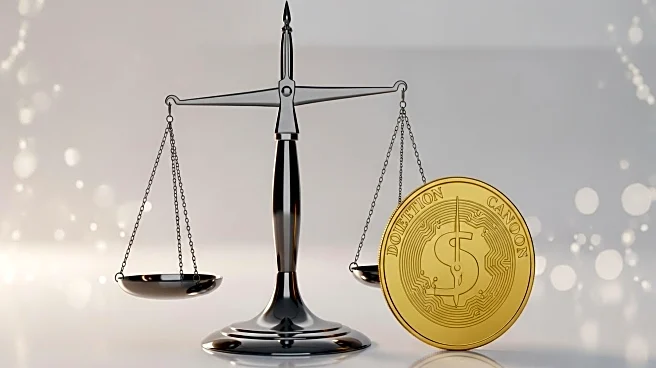What's Happening?
Amazon has agreed to a $2.5 billion settlement with the Federal Trade Commission (FTC) following allegations that the company misled customers into enrolling in its Prime membership program. The settlement includes $1 billion in civil penalties, marking the largest fine in FTC history, and $1.5 billion to be paid to consumers who were unintentionally enrolled in Prime or faced difficulties in canceling their subscriptions. The FTC's lawsuit, filed in U.S. District Court in Seattle, accused Amazon of violating the Restore Online Shoppers’ Confidence Act by making it challenging for customers to understand the charges associated with Prime memberships. Despite the settlement, Amazon has not admitted any wrongdoing and maintains that it provides clear information about Prime's terms and offers straightforward cancellation options.
Why It's Important?
This settlement is significant as it highlights ongoing concerns about consumer protection in the digital marketplace. The FTC's action against Amazon underscores the importance of transparency in subscription services, which are a growing segment of the economy. With over 200 million Prime members, Amazon's practices have a wide-reaching impact on consumers. The settlement may prompt other companies to review their subscription models to ensure compliance with consumer protection laws. Additionally, the case reflects broader antitrust scrutiny of Amazon's market practices, which could influence future regulatory actions against major tech companies.
What's Next?
Following the settlement, Amazon may face increased pressure to modify its subscription practices to prevent similar issues in the future. The FTC's focus on Amazon's business practices could lead to further investigations or lawsuits, particularly concerning antitrust matters. Consumers affected by the Prime enrollment practices will receive compensation, which may lead to increased scrutiny of other subscription services. The settlement could also influence legislative efforts to strengthen consumer protection laws in the digital economy.









